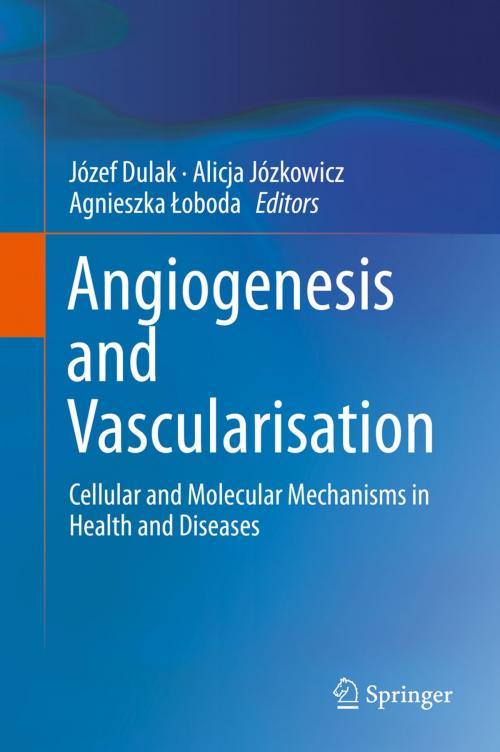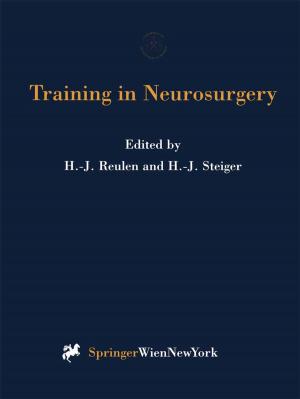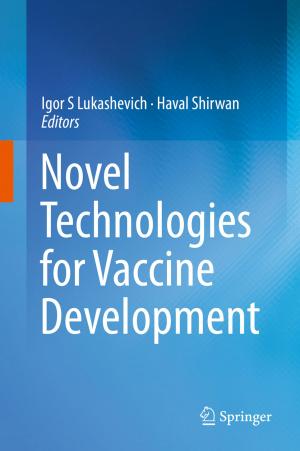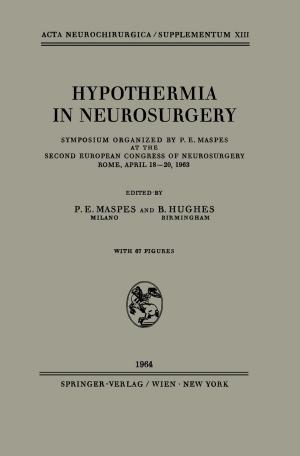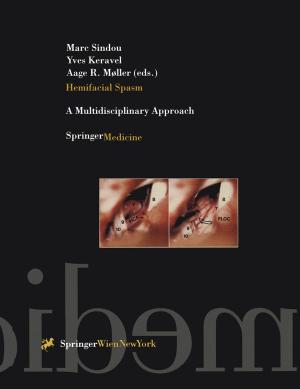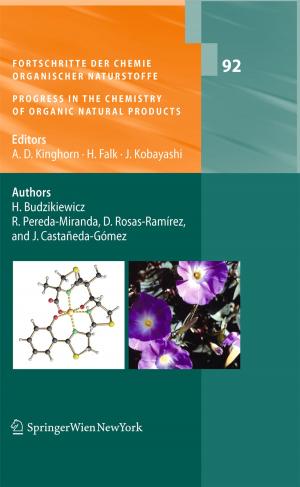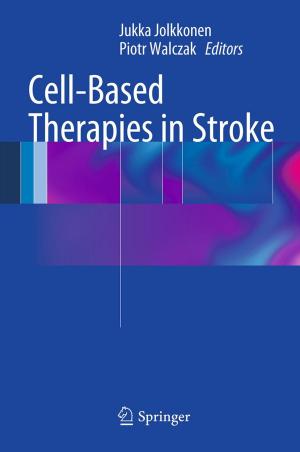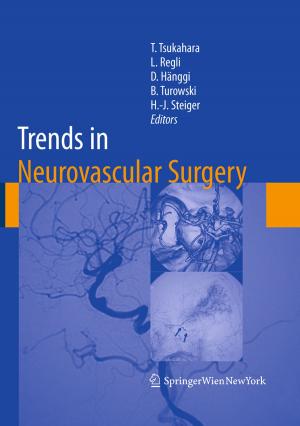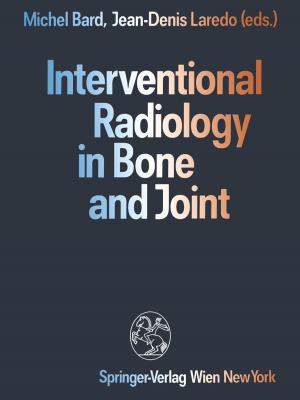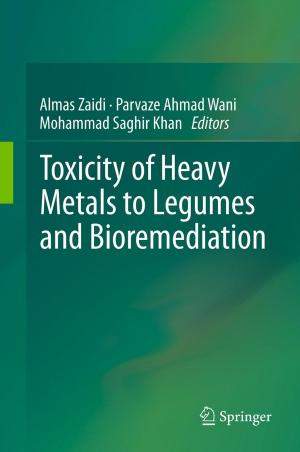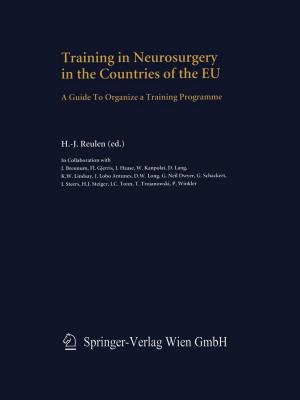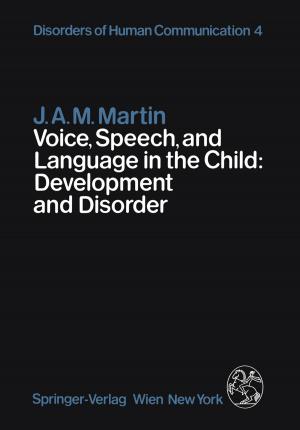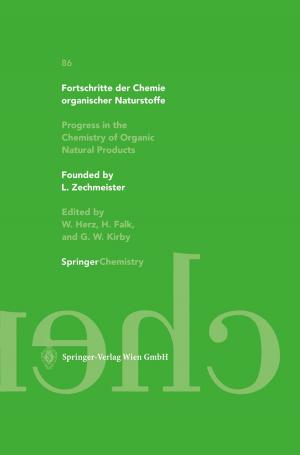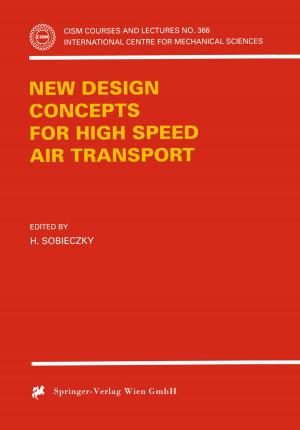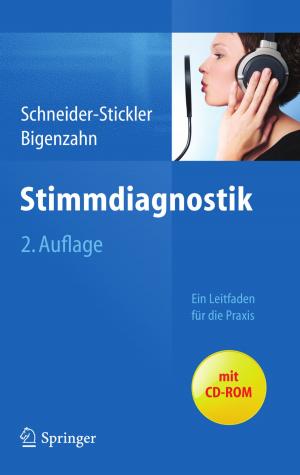Angiogenesis and Vascularisation
Cellular and Molecular Mechanisms in Health and Diseases
Nonfiction, Health & Well Being, Medical, Medical Science, Immunology, Specialties, Oncology| Author: | ISBN: | 9783709114285 | |
| Publisher: | Springer Vienna | Publication: | February 10, 2014 |
| Imprint: | Springer | Language: | English |
| Author: | |
| ISBN: | 9783709114285 |
| Publisher: | Springer Vienna |
| Publication: | February 10, 2014 |
| Imprint: | Springer |
| Language: | English |
The book presents the overview of the current knowledge in some fields of vascular biology, addressing cellular and molecular aspects of blood-vessel formation and their role in health and disease. The major factors involved in the formation of blood vessels are presented by scientists actively involved in this area of research. Special emphasis is put on the presentation of various molecular mechanisms not addressed in similar works to date. The book is divided into three parts. The first part describes the cells and mediators in angiogenesis. The significance of various populations of potential endothelial progenitors is particularly highlighted. The chapters of the second part focus on molecular mechanisms, with special emphasis on the role of hypoxia, gasotransmitters and reactive oxygen species as well as microRNAs in regulation of angiogenic processes. In the third part, the pathological aspects of disturbed – aggravated or impaired – vascularization are discussed and new modalities for potential therapies are presented. The book is intended for scientists and PhD students in the fields of vascular biology and cancer research. It may be of interest for medical professionals in the fields of cardiovascular disease, diabetes, oncology and rheumatoid arthritis.
The book presents the overview of the current knowledge in some fields of vascular biology, addressing cellular and molecular aspects of blood-vessel formation and their role in health and disease. The major factors involved in the formation of blood vessels are presented by scientists actively involved in this area of research. Special emphasis is put on the presentation of various molecular mechanisms not addressed in similar works to date. The book is divided into three parts. The first part describes the cells and mediators in angiogenesis. The significance of various populations of potential endothelial progenitors is particularly highlighted. The chapters of the second part focus on molecular mechanisms, with special emphasis on the role of hypoxia, gasotransmitters and reactive oxygen species as well as microRNAs in regulation of angiogenic processes. In the third part, the pathological aspects of disturbed – aggravated or impaired – vascularization are discussed and new modalities for potential therapies are presented. The book is intended for scientists and PhD students in the fields of vascular biology and cancer research. It may be of interest for medical professionals in the fields of cardiovascular disease, diabetes, oncology and rheumatoid arthritis.
